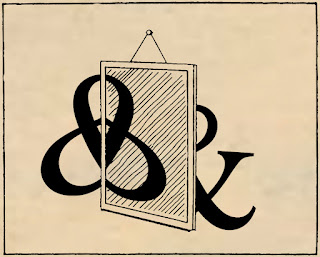Translations as the Anti-ship of Theseus
I don't really know what translation is. It carries one thing to another place that is perhaps the same place after all. Reminds you of it. Or it carries it across a river from one bank to the other; sister places, brothers beside the river. Translation is a tricky mirror. Someone's tongue in another's mouth.
Here are two texts about translation. The second presents E. Pauline Johnson's The Bird's Lullaby and my "translation" of it. It's a translation by reordering the words, keeping the sound, the tonality, the elements of its world. A kind of antiship of Theseus. The universe is made of the infinite juggling of finite atoms.
The first is about translation within English. What is it that the world is possibly or impossibly Englishable?
Let me end with a quote by the just passed Lyn Hejinian:
Without what can a person function as the sea functions without me?
*
I am writing this in English because I want to be subversive. It wants to be subversive. Ok, now some parataxis. That means an owl. My insides owl. What is night? It is English. The subject object, the noun verb, the crickets' buzz, the velvet thickness of air. Thick as adjectives between adverbs' fingers. We adverb night when we adjective swim through English air and owls are a premonition of our weaknessless. Subversive because it is a translation from the original English. The original English: paratactic because one velvet thing after another and no one knew what it meant, cut from soil then brought a great distance and lifted into a circle of standing sentences. Arrive at the right time and it aligns with sun. Speaking the known to owl, from knurl to slurry, speaking English to night what isn't Englishable. English like us, grown around a wound.
E. Pauline Johnson


Comments
Dust Collector in Delhi
Centrifugal Blower in delhi
Dust Catcher Manufacturer
portable Dust collector manufacturer
Wet Scrubber Manufacturer
Pulse Jet Bag filter
Evaporative Cooler Manufacturer
structural-steel-tubes distributors in bhubaneshwar
Checkered sheet dealer in gwalior
Centralized Dust collector in dElhi